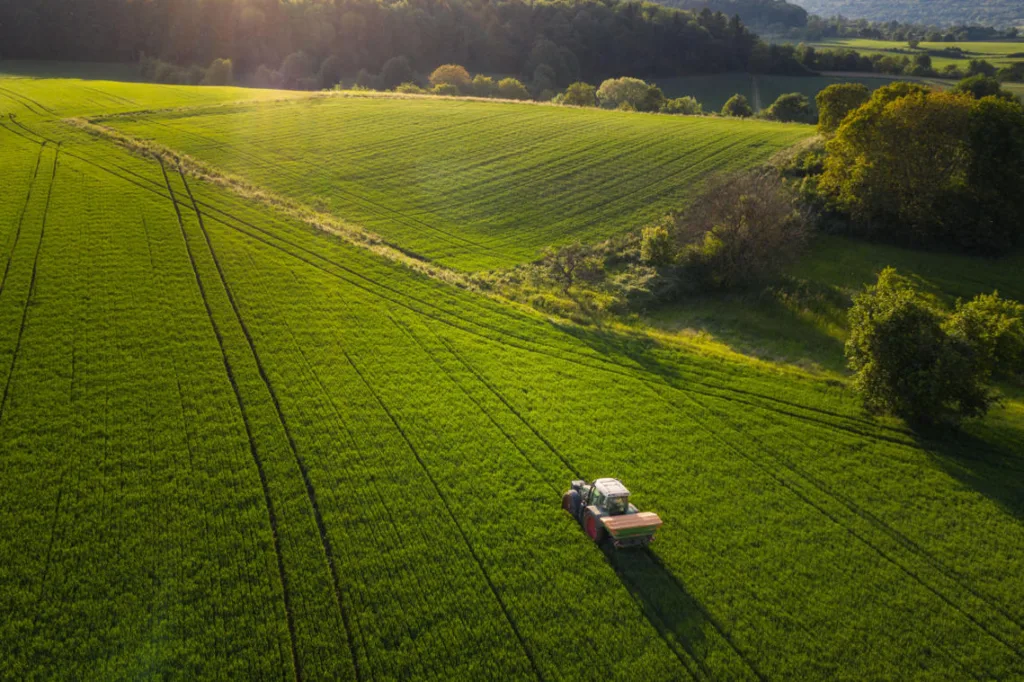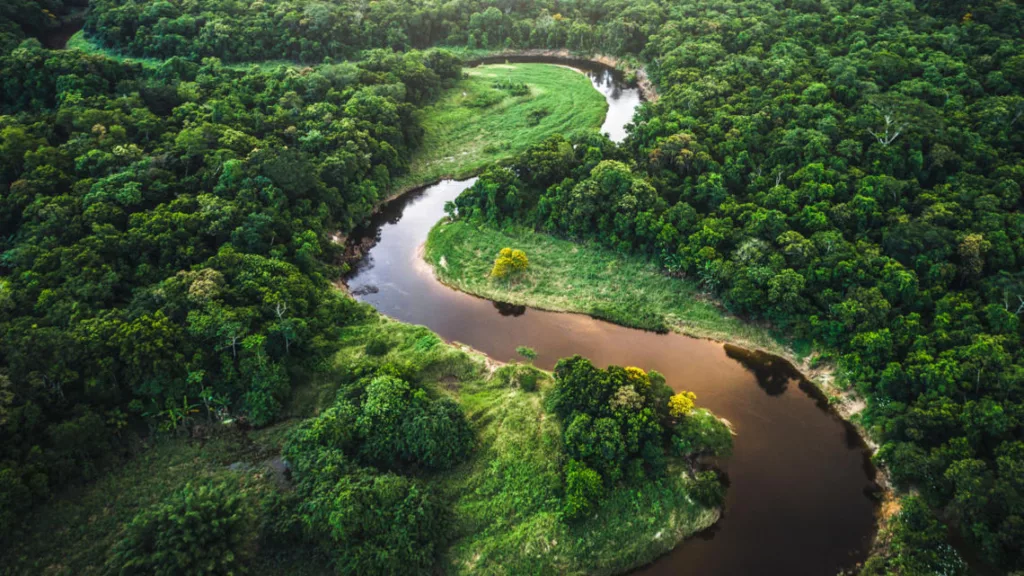Authors
Diane Holdorf
The IUCN World Conservation Congress, held both virtually and in Marseille, closed last week with strong messages on the urgent actions needed for collaboration to address the related crises of climate change, nature loss and equity.
Business is part of the solution to enabling a nature-positive future
For the first time ever, a CEO Summit opened the Congress on 3 September 2021. More than 15 CEOs and executives from diverse sectors – including WBCSD members EDF, ENGIE, Kering, Nestlé, Shell, TotalEnergies and Veolia, were present, sharing specific examples of nature-based solutions, and demonstrating business leadership towards a nature-positive economy.
At the panel on “enabling a nature-positive future” moderated by WBCSD President and CEO Peter Bakker, business leaders unveiled how they are scaling up action to address biodiversity loss and climate change and explored how collective action – across sectors and value chains – can deliver innovative and ambitious outcomes that will enable the transition to an inclusive, nature-positive future. Executives from companies LMVH and Pernod Ricard were joined by the leaders of the Global Environment Facility, the French Business association MEDEF, the Sustainable Forestry Initiative and the Malawi Minister of Forestry and Natural Resources.
In his follow-up video message, Peter Bakker called for companies to move from commitments to action. He emphasized that to truly get to a nature-positive world, companies need to work beyond individual projects and integrate nature within their core strategies.
WBCSD members participated in many sessions, and contributed business inputs to the post-2020 Global Biodiversity Framework. WBCSD also co-hosted sessions on natural capital policies, nature-positive value-chains, soil health, circular economy and the true value of food among others.
WBCSD and its members delivered consistent calls to action for transformational change, including science-based targets, coherent accountability frameworks, strong policy based on a more ambitious Global Biodiversity Framework, and business leadership to assess, implement and track nature-based solutions across value chains.
There are already great examples of transformation supporting the climate agenda behind which the private sector has rallied, including the adoption of Science-based Targets (SBTs) and Task Force on Climate-related Financial Disclosures (TCFD). To advance progress on the nature agenda, businesses can start preparing to adopt SBTs for nature when they launch in 2022, integrate nature-based solutions into their strategies and prepare to be held accountable by engaging actively in the development of the Task Force on Nature-related Financial Disclosures (TNFD) framework.
Keeping nature high on the agenda at upcoming international conferences
Together with Business for Nature and We Mean Business, WBCSD and its members have supported the creation of policy recommendations for policy makers and political leaders to take action to halt and reverse nature loss. With the UN Biodiversity Conference (COP15) now in two parts, (11-15 October in Kunming, China, with limited capacity to support remote access, and in-person 25 April to 8 May 2022), we will need to keep this on the global agenda. We cannot afford another decade without concrete action.
Working towards a “nature-positive” world
Nature-positive is the imperative for the world to work towards, but what does it mean for businesses to contribute to a “nature-positive” world?
Firstly, nature-positive means halting and reversing nature loss by 2030, measured from a baseline of 2020. For business, WBCSD has convened a series of dialogues, a multistakeholder process aimed at creating a shared understanding of the building blocks to guide credible and coherent business contributions to a nature-positive, net-zero, equitable world.
In the coming months WBCSD will be ramping up work to consistently apply these elements through the development of nature-positive roadmaps for priority value-chains: Land (agriculture and forestry), Built Environment, and Energy. If you wish to learn more or get involved in this work, please contact campos@wbcsd.org.
“This is our best chance to build a nature-positive future. An ambitious, understandable and actionable Global Biodiversity Framework will give businesses the political certainty they need to scale and speed up action. Our collective mission must be clear: reverse nature loss by 2030. The targets must be transformative: align all financial flows to a nature-positive world and eliminate and redirect harmful subsidies.” – Eva Zabey, Executive Director, Business for Nature
“There is no vaccine for a sick planet. The battle for the climate and against the deregulation of the climate is linked inextricably to preserving and restoring biodiversity” – President of France, Emmanuel Macron, at the IUCN Congress opening ceremony in Marseille
WBCSD and business contribution in upcoming key events:
WBCSD is leading the private sector engagement in preparing for the UN Food Systems Summit to accelerate the transformation to equitable, net-zero and nature-positive food systems. Learn more here.
WBCSD also supports business engagement in the UN Climate Conference (COP26) process and facilitates action in support of positive Conference outcomes. WBCSD will host and contribute a variety of official side events in and around the conference area. Learn more here.
WBCSD news articles and insights may be republished in accordance with the Creative Commons Attribution-NonCommercial-NoDerivatives 4.0 International Public License, and in accordance with our Privacy Policy. All Content must be featured with due credits.
Outline
Related
Content

The future of food – How Kraft Heinz is working toward and contributing to a more sustainable food system
17 October, 2023

TNFD releases proposed disclosure metrics for the forest sector
19 September, 2023

U.S. Department of State’s Forest Investor Club Releases Inaugural Annual Report, Encouraging Billions in Nature-Based Investments
13 September, 2023

